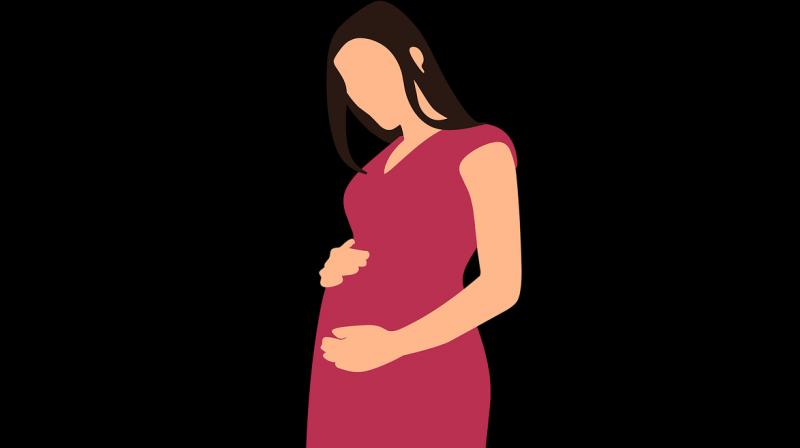World Cancer Day: New fertility preservation methods developed for cancer patients
Today, cancer victims not only have a better rate of survival but can also think about raising a child and starting a family.

New Delhi: About 50% of the cancer patients in India are under the age of 50. Apart from other things, this alarming rate of young cancer victims has also created concerns about preservation of their fertility.
However, experts indicate that the recent technologies and advancements in the IVF sector can help cancer patients to keep the fertility window open for a longer time. Today, cancer victims not only have a better rate of survival but can also think about raising a child and starting a family.
Cancer treatment can affect fertility in both men and women. However, there are many techniques like egg freezing, embryo freezing, donor eggs, donor embryos, donor sperms, sperm freezing which can help in preserving fertility. Fertility preservation is a procedure to secure fertile eggs, ovarian tissue, or sperm before a patient undergoes cancer therapy. These can enable the patient to reproduce when they have overcome cancer.
Speaking about this, Dr Hrishikesh D Pai, Director IVF & Infertility at Fortis La Femme Hospital, Delhi & Former Secretary General of the Federation of Obstetrics and Gynecological Societies of India said, "In young women, cancer treatment including chemotherapy and radiation can cause infertility. In men, exposure of the pelvis to radiation and use of chemotherapy drugs can lead to DNA damage in the sperms."
"However, there are many techniques such as Egg freezing and Sperm Freezing, which are providing a ray of hope for these patients. The success rate of these methods is about 30% to 40% in younger men and women. In those above the age of 30 and 35, fertility potential of the eggs and sperm may decrease thereby lowering the success rate."
"It is important to consult a doctor as soon as they are diagnosed with cancer and find out the possibilities of treatment. The occasion of World Cancer Day is the perfect platform to raise awareness among doctors and patients about the different fertility preservation techniques like egg freezing, embryo freezing, donor eggs, donor embryos etc."
In egg freezing, mature eggs are isolated and frozen before being fertilized with a sperm. The process is also known as egg banking. The frozen egg is then thawed, fertilized with a sperm, and implanted in the uterus when the woman is ready to have a child and start a family.
In men, live sperm cells can be frozen and stored for future use in infertility treatment. Once frozen, samples can be kept for at least 20 to 30 years (possibly longer) without further damage. This is known as semen cryopreservation. Apart from the other techniques, embryo freezing in women is one where the egg is fertilized with sperm in the laboratory.
The embryo is frozen for future use. In another method, ovarian tissue is frozen and re-implanted after cancer treatment.
Adding further, Dr Nandita Palshetkar, IVF and Infertility at Fortis Bloom IVF Center at La Femme GK 2 and Fortis Hospital Gurgaon & President-elect of the Federation of Obstetrics and Gynecological Societies of India said, "Many cancers are detected very early in life often in the prime years for fertility. Cancer survivors can now produce their own biological child through fertility preservation. Unfortunately, fertility preservation services are rarely offered or even discussed with the patient before starting cancer therapy."
"Oncofertility is a burgeoning medical field which holds immense possibilities and the onus lies on the treating doctors to counsel the patients in a timely manner regarding the various options one has in terms of fertility preservation modalities," she added.
Radiation oncologists can assume the unique role in communicating fertility preservation options given the fact that they encounter multiple patients. They should refer patients to reproductive specialists at the earliest. Additionally, a reference to psychosocial providers may also be beneficial particularly due to the fact that such patients may have moderate to severe distress about potential infertility.

